
Interview: We Talk Kickstarter and Project Eternity with Tim Cain - Article
by VGChartz Staff , posted on 27 September 2012 / 5,563 ViewsIf you're a fan of games - if you aren't then you're likely on the wrong site - you'll probably have heard about Project Eternity. Project Eternity is being brought to you by the good folks over at Obsidian; these are the same people who brought you the likes of Fallout 1, Fallout 2, Fallout: New Vegas and Star Wars: Knights of the Old Republic II, so it's fair to say they know how to make a good RPG. Project Eternity is being funded by gaming guys and gals over on Kickstarter, and right now it's nearly achieved $2,000,000 in funding. Not too shabby eh?
We recently had chance to speak with Tim Cain, Senior Programmer at Obsidian, about Project Eternity and the use of Kickstarter as a method of financing games.
Chris: Was Kickstarter always the first choice method of funding Project Eternity? Or did you ever consider going the publisher route?
Tim: Publishers were not interested in this kind of old school game, so we turned to Kickstarter after seeing the success of other developers there. I don't think the one precludes the other, so Obsidian will continue to make publisher-funded games as well as using Kickstarter for games that publishers are not looking to fund.
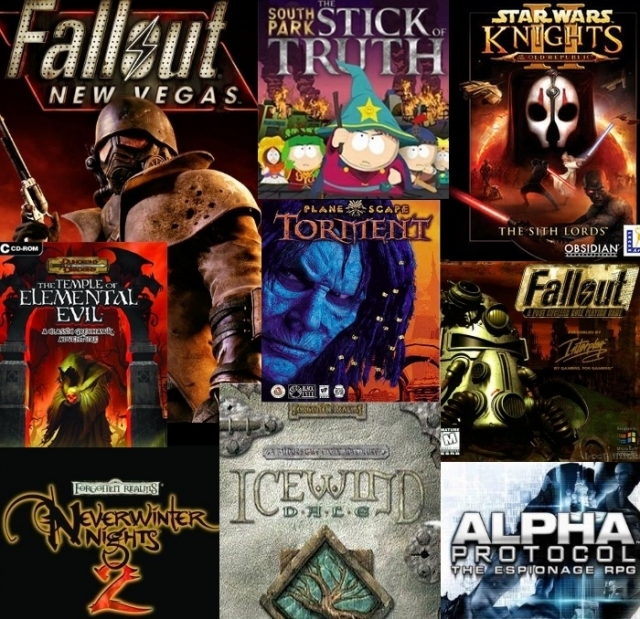
Chris: Did you ever have any reservations about using Kickstarter?
Tim: Kickstarter is a new way of developing games, so we wanted to make sure we set it up correctly and are being responsive enough to our fans. We know we can make a great game, so if this process goes smoothly and people enjoy the game, we'd like to continue using Kickstarter.
Chris: It would be an understatement to say that Project Eternity was extremely well received. Did you expect the game to be met with such widespread enthusiasm?
Tim: We were hoping that people would be excited, but reaching our funding goal in less than 28 hours surprised us, in a pleasantly shocking way. Of course, as we exceed our initial goal, we are adding stretch goals and getting even more excited about being able to make a bigger and more fully-featured game.
Chris: I imagine that making games is an occupation that puts you under a lot of pressure. Are you now under even more pressure to deliver the goods because you’re spending fan money?
Tim: We are feeling the pressure to make a fantastic game, because this money has come straight from our fans, based on our promise to deliver. We don't want to let them down on our first Kickstarter game, so yeah, we are feeling the pressure.
Chris: Surely one of the main advantages of using Kickstarter instead of working with a publisher is that you can see how people react to the idea you have. Does this serve to drive the team on in a unique way?
Tim: Yes indeed. On almost any game funded by a publisher, we are not allowed to talk about the game and its content until we are almost about to ship it, at which point it is almost impossible to make any serious changes. With Kickstarter, we are free to talk about the game during all the stages of its development. We have a better idea of what features are important, and the fans can follow the game's development and be more involved with it.
Chris: Without any publishers involved in this venture, you pretty much have free reign over proceedings. Does it feel strange to have this much freedom when making a game?
Tim: I wouldn't say strange. It feels incredibly liberating! This is what most developers dream about.
Chris: For those people out there who don’t know much about Project Eternity – assuming there are any left – can you talk a little bit about the game and tell us what Project Eternity is in terms of gameplay and story?
Tim: We love the old Infinity Engine games, so we are making our own modern version. We want to make a game with real time combat (with pausing so you can issue orders), a full party to control, and lots of places to explore. And we want to make a story filled with memorable characters and difficult decisions, a story that you will be thinking about years after you have played the game.
Chris: Working on any project that you’re passionate about is a real thrill, but what’s the most exciting thing about working on Project Eternity?
Tim: For me, it's working with Chris and Josh, who have made some terrific games in the past, and this time I get to make one with them. And we get to work on a single-player, isometric CRPG, which is our favorite type of game to make and to play.
Chris: Your team is brimming with talent and has worked on some huge titles in the past. How will all that experience help shape Project Eternity?
Tim: Together, we have designed multiple combat systems, invented rules for countless non-combat abilities, and made hundreds of hours of content. We have a good idea of what is fun in these kinds of games, and we plan to lay it on in spades in this new game. And while our past games have had some rough edges, James Joyce called mistakes the "portals of discovery". We know what to avoid doing again.
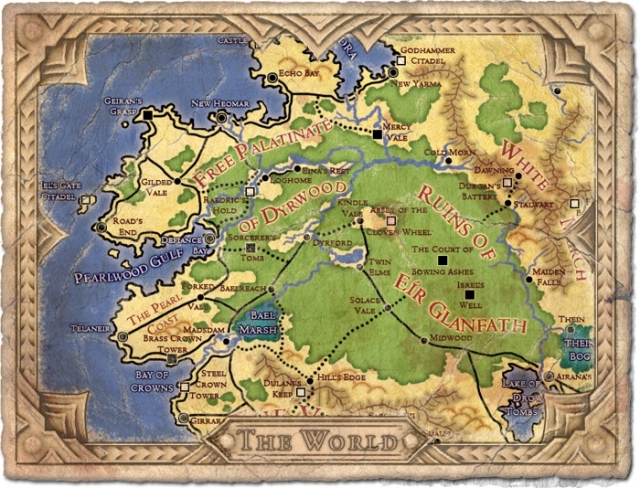
Chris: You’ve talked about how you are looking forward to making an M rated game. Is this because you believe RPGs are becoming more and more sugar-coated - if that’s the correct phrase to use - or is it purely a personal ambition?
Tim: I think it's more of the former. Modern RPGs avoid real ethical questions and instead focus on storylines with black and white morality. They provide villains who are evil and have no redeeming virtues, and the player is forced to destroy them. If there is anything mature about them, it's their use of language and sexual situations. That's not what we mean by "mature".
We want to explore deeper issues like what happens when cultures clash, when ideologies are questioned, or when individuals have their rights trampled. We want the player to tread into the murky grey areas between black and white, and we want them to have to make decisions that will affect their characters, and maybe the player will think about some of these issues in their real lives.
Chris: While Project Eternity is about taking RPGs back to their roots, will you be looking to change things up and tweak that classic formula at all?
Tim: Certainly we plan to make changes. We are not the same designers that we were five, ten or even twenty years ago, and we want the game to reflect that. Besides, there are some rough edges around all of the games we are being inspired by, so we plan to make some improvements along the way. As long as we keep to the spirit of those earlier games, we will be happy and we hope you will be too.
Chris: Right now Project Eternity is going to be available on PC, MAC & Linux. Is there a slim chance that we’ll ever see it come to consoles, or should I start hoping for pigs to fly?
Tim: I wouldn't count on a console port. I think extending this project to consoles would make us lose focus of what is important, and it would spread our limited funding too thinly.
Chris: Finally, let’s end on an easy question: What would you name as your favourite RPG of all time and why?
Tim: That's a hard question! I'm going to pick Star Control 2, which isn't often portrayed as an RPG. But if you take the ship as being the player's character, then the game has all of the hallmarks of an RPG. You go on adventures, have combat encounters, find loot, meet interesting NPCs and improve your abilities. All of this and a great storyline sounds like an RPG to me! I absolutely loved this game.
Chris: Thank you very much for your time Tim, and good luck with Project Eternity.
Tim: Thank you, Chris.








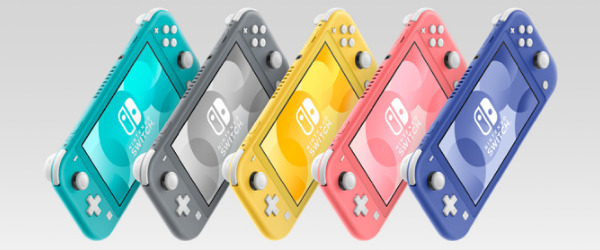
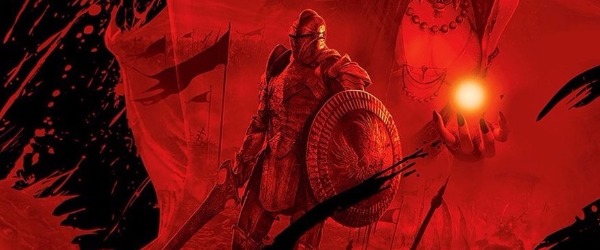
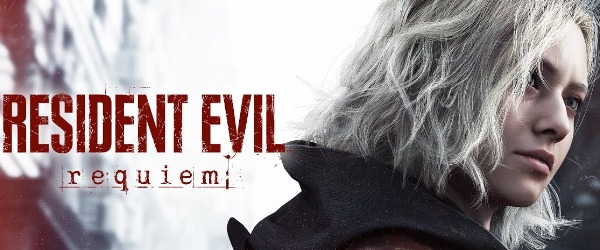
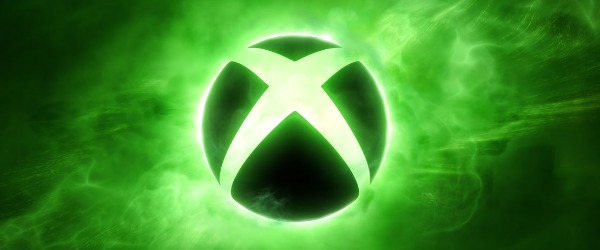










 Essay Pro
Essay Pro